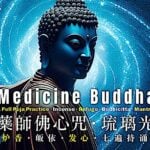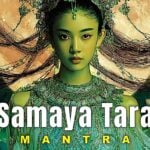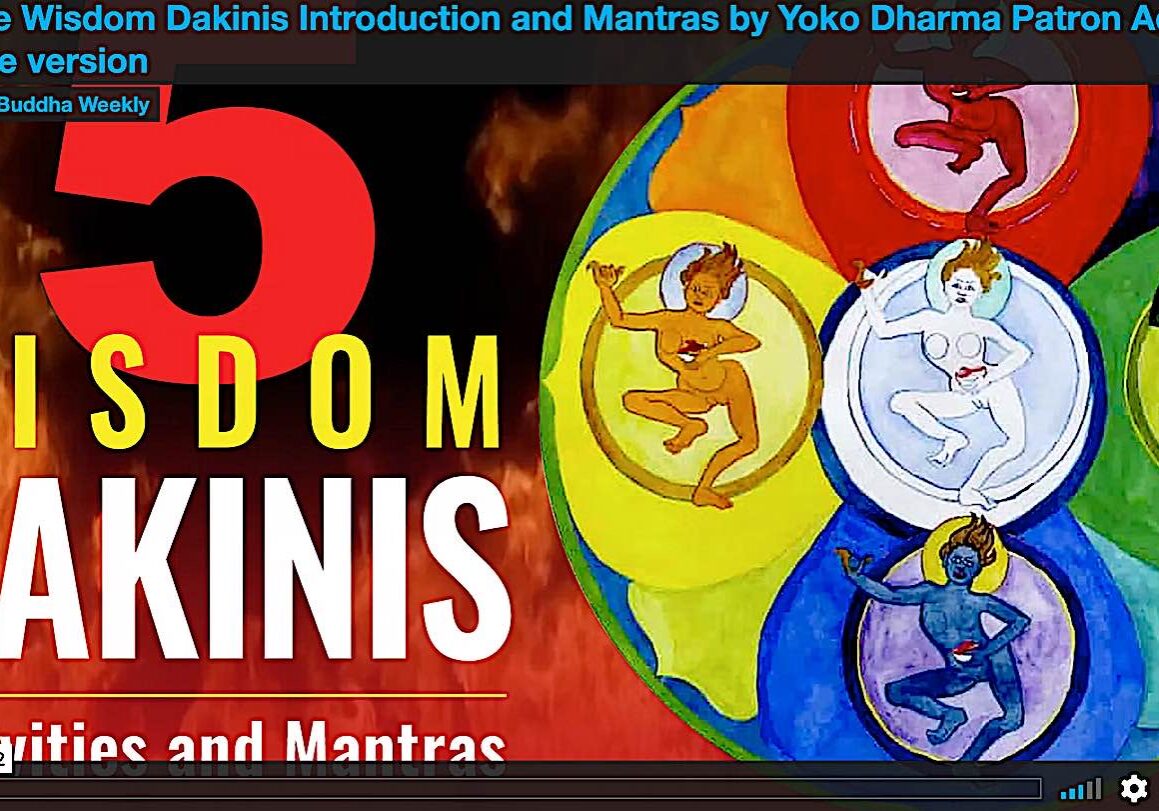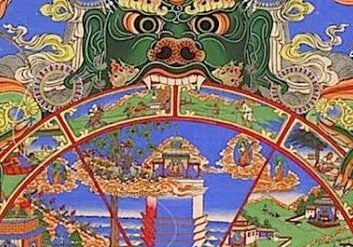Home
[smartslider3 slider=12]
Buddha Weekly's Latest Videos
[youtube-feed]
Buddha Weekly's Latest Features
Commentary Heart Sutra — Most Famous of the Perfection of Wisdom Sutras in Buddhism: Form is Emptiness, Emptiness is Form
Introduction The Heart Sutra is the most famous of what are called the Perfection of Wisdom Sutras in Buddhism. These were written down sometime around the first century AD, and so there was a period of about five hundred years when these teachings developed, based on what was taught by the historical...
Ehipassiko: encouraging investigation — Buddha taught logic to give us confidence in Dharma — not perpetual doubt
Buddha didn’t endorse a perpetual pursuit of knowledge, to the point of creating doubt — but he did teach the path of logic and investigation. The goal of an inquiring mind is discriminating wisdom — not perpetual doubt. Even when Gautama Buddha sat under the Bodhi tree, assailed by Mara's endless debates...
Parable of the Burning House — Buddha tries to help his children leave the “burning mansion” — first Parable of the Lotus Sutra (Chapter 3) with full translation
Editors Note: This is chapter 3 in our ongoing series on the Lotus Sutra, and the first of the seven parables found in the Lotus Sutra. This is the famous parable of the burning house. In this wonderful story, a man tries to get his family to leave their burning house, and...
Dharma Days 2022: auspicious lunar practice dates: all Buddha days, Tsog, and Puja days
Eclipses and full moons are the most important days in Buddhist practice. This is almost the complete opposite of some other traditions where both full moons and eclipses are considered unlucky. On the full moon of the fourth month of the lunar year, we celebrate Buddha's Birthday — this year on May...
Member Ad-free Video: 5 Wisdom Dakinis Mantra sung by Yoko Dharma!
As a member thank you, please enjoy the 5 Wisdom Dakinis mantras and visualization, sung by the amazing Yoko Dharma! Although our videos are available to all on Youtube and on Buddha Weekly, production costs are supported partially by advertising. Here, we are publishing our HD videos to a private channel on...
“Buddha Didn’t Teach That?” All paths of Buddhism — Theravada, Mahayana, and Vajrayana — have the same core method: cutting the poisons!
When Buddha decided to find a solution to suffering in our universe, one of his first acts was to cut his hair. When a novice renounces Samsaric life to become a renunciate, the symbolic representation of that mission is cutting the hair. Ultimately, if you distill the Buddhist path down to one...
Expedient Means — the Lotus Sutra’s Essence Chapter (Chapter 2) 妙法莲华经 translated by Venerable Master Hsuang Hua
Editors Note — Venerable Master Hsuang Hua said, "We cannot be negligent in doing this work. We must do our best to carry out our real responsibilities. However much we can do, we should do that much. Let's keep pressing forward and working. We should take Buddhism as our own responsibility. The...
Lotus Sutra Series — 妙法莲华经 translated by Venerable Master Hsuang Hua — Chapter 1: 12,000 Bikshus gather to hear the Buddha
Editors Note — Venerable Master Hsuang Hua dedicated is virtuous life to translating sutra. He considered it our most important duty: "The work of translating the Sutras is sacred work, and it will last for endless generations. We are common people doing the work of sages. Not only is this our duty,...
Mind-space, it’s all we need. Meditation quiets the mind, even if you can’t find a quiet space. Buddha’s advice “I am silent.”
According to Sutra, after Buddha was Enlightened under the Bodhi tree, on a full moon day in May, he — kept silent. For an entire week, he didn't speak a single word. According to the most colorful stories of this Earth-shaking event, the deities in the heavens became frustrated: only once in...
Dependent Co-Arising Answers Most Arguments with Impeccable Logic: The Great Causes Discourse Maha-nidana Sutta
In almost any "Buddhist" philosophical argument — for instance, "why should I meditate?" or "Is there a soul?" or "what happens after death?" or even, "what is the true nature of self?" — the impeccable logic of Dependent Co-Arising is the "go-to" Dharma teaching. Buddha said: "Whoever sees Dependent Co-Arising, he sees...
Tara the Windy Liberator, the Mother, the Activity Heroine: “Green Tara functions throughout our world” the activity of all the Enlightened Ones
Green Tara is famous for her windy activity — faster than the fiercest hurricane — sweeping to the rescue of sentient beings. In Vajrayana Buddhism, Female Buddhas represent Wisdom. Tara represents the unique and awesome intersection of Activity and Wisdom. Wisdom, without applying it in action, is just philosophy. Activity, without...
Knowing the World As a Sacred Place – An Invitation to the Vajrayana View
Feature by Jason Espada, Author of A Belief in the Miraculous: Buddhism, Magic, and a Sense of the Sacred We are not here on Earth to be alone, but to be a part of a living community, a web of life in which all is sacred… this is something we each need...
Buddha Weekly’s Special Section
Tara, Mother of all Buddhas
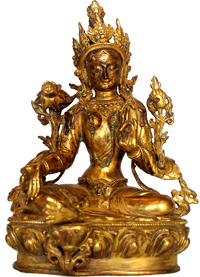

Karma Mother
How does Tara Help?
Tara, like any Mother, is ready to jump to our aid, even in mundane areas of life. She is the “practical Buddha” — the “Karma Mother” — the Buddha most active in our lives. Her Sanskrit name translates as “a star by which to navigate” — and like a star, she is always with us whenever we look for her.
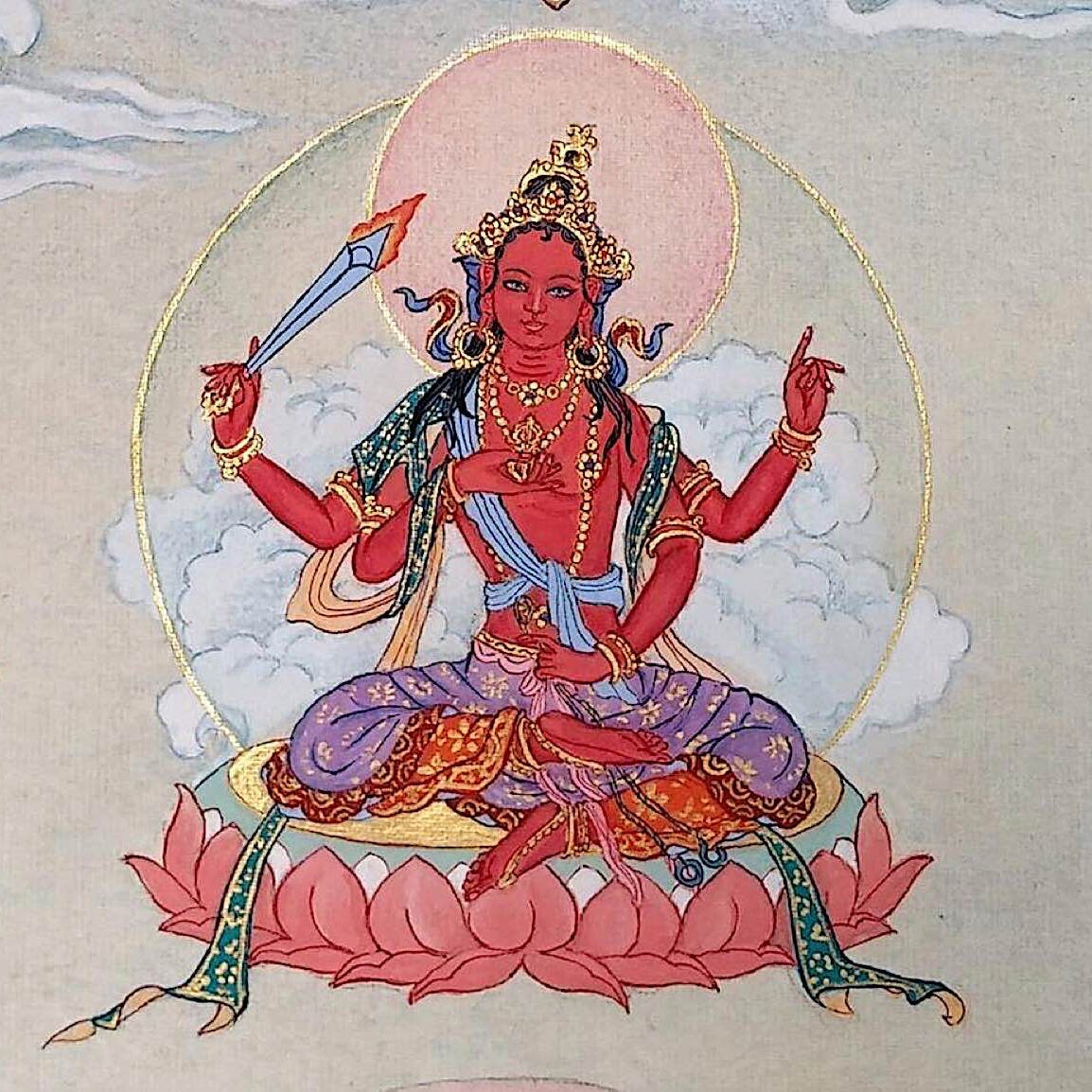
Tara on YouTube
21 Taras Mantra Video Playlist
An entire playlist of every one of the mantras for the 21 Taras. Don't miss the amazing Tara mantra chanting of Yoko Dharma for the each Tara of the 21 Taras according to Surya Gupta lineage. One video with many repetitions and visualized images for each Tara. The final video is the English-translated 21 Praises to Tara sung in English.


